White House press secretary Jen Psaki said the United States does not seek conflict with China, after the United Nations chief raised concerns about a potential new Cold War between the two major powers.
Psaki was responding to Antonio Guterres, the U.N. Secretary-General, who recently implored the two countries to repair their “completely dysfunctional” relationship and avoid “at all costs” a Cold War that he said could spill damage to other parts of the world.
Guterres believes the two countries should be cooperating on climate and vaccination, and engage in “serious negotiation” on trade and technology, even if tensions persist over human rights and sovereignty in the South China Sea.
Psaki on Monday said that a Cold War with China is “not the objective or the policy of the United States.”
“The president’s view and this administration’s view, is that our relationship with China is one not of conflict, but of competition. And so we wouldn’t agree with the characterization of the relationship,” she told reporters at a regular press conference.
“While we may take issue with some means they engage in the world, we also have areas we will want to continue to work together,” she said, adding that President Joe Biden will have a meeting with the U.N. head later in the evening.
Biden, in his upcoming speech before U.N. Assembly on Tuesday, will “make absolutely clear that he is not looking to pursue a future, a new Cold War with any country in the world,” Psaki said.
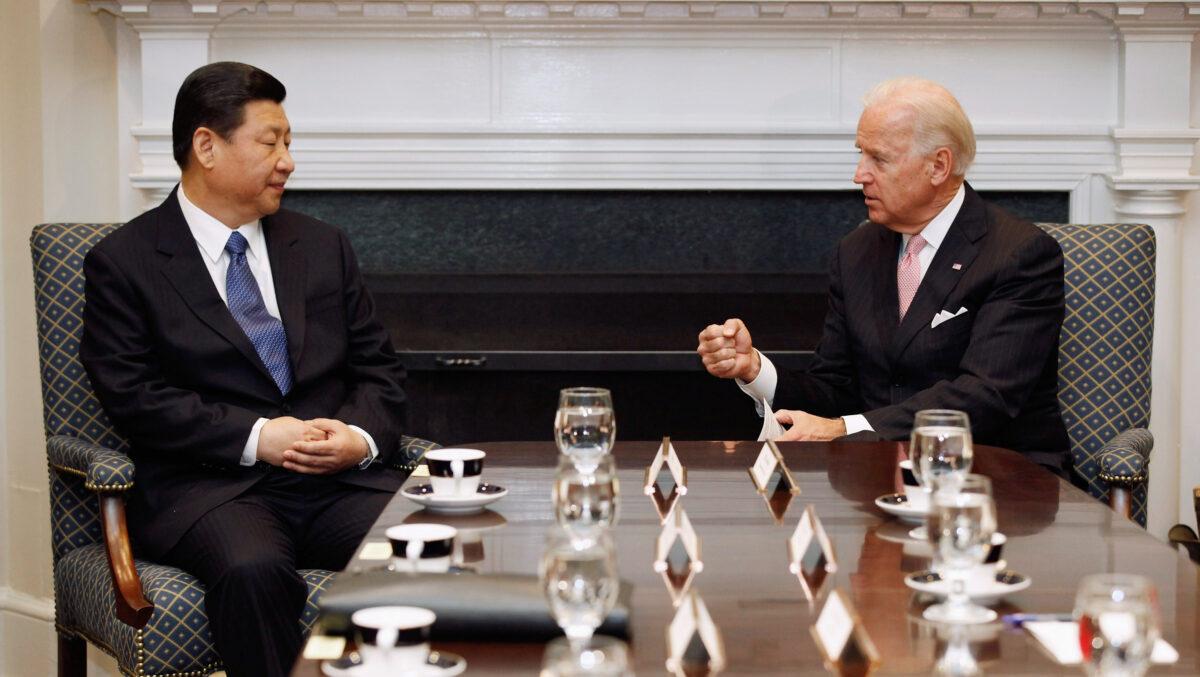
“It was a conversation that was candid, but it was certainly not elevated,” Psaki said.
In a virtual meeting on Sept. 2, China’s foreign minister Wang Yi told U.S. climate envoy John Kerry “China-U.S. climate cooperation cannot be separated from the wider environment of the Sino-U.S. relations.” That requires the United States to dial down on criticism over China’s handling of Xinjiang, Tibet, and Hong Kong, according to Wang.
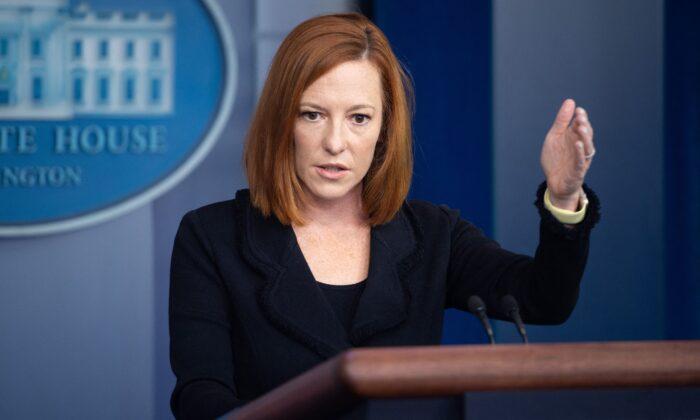

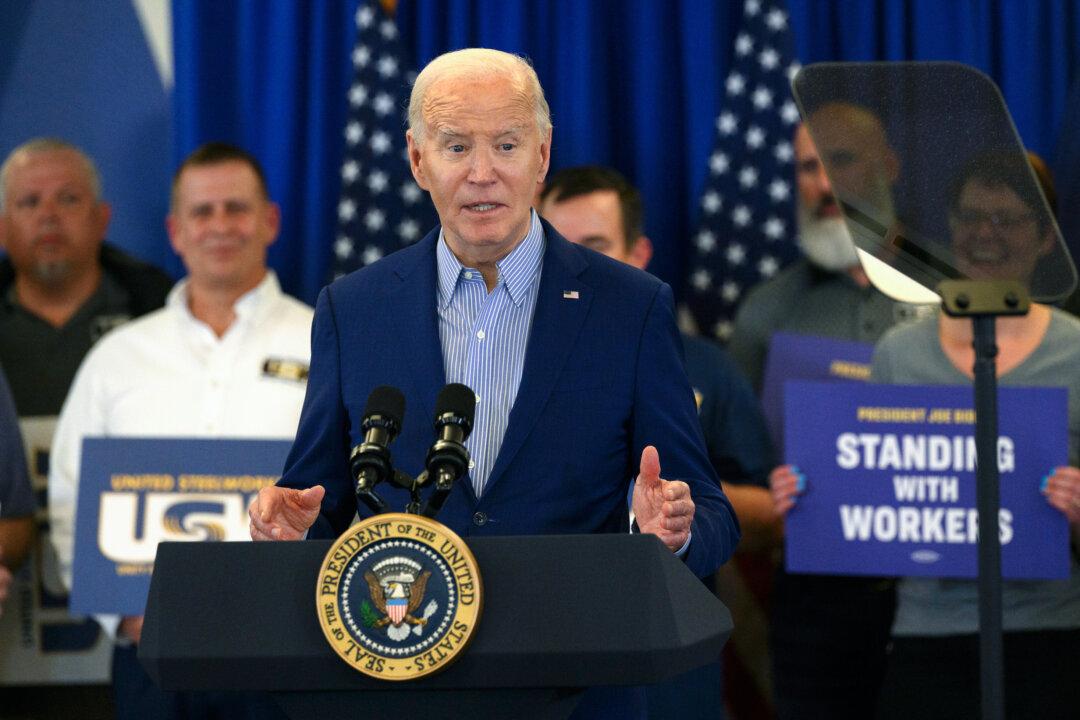
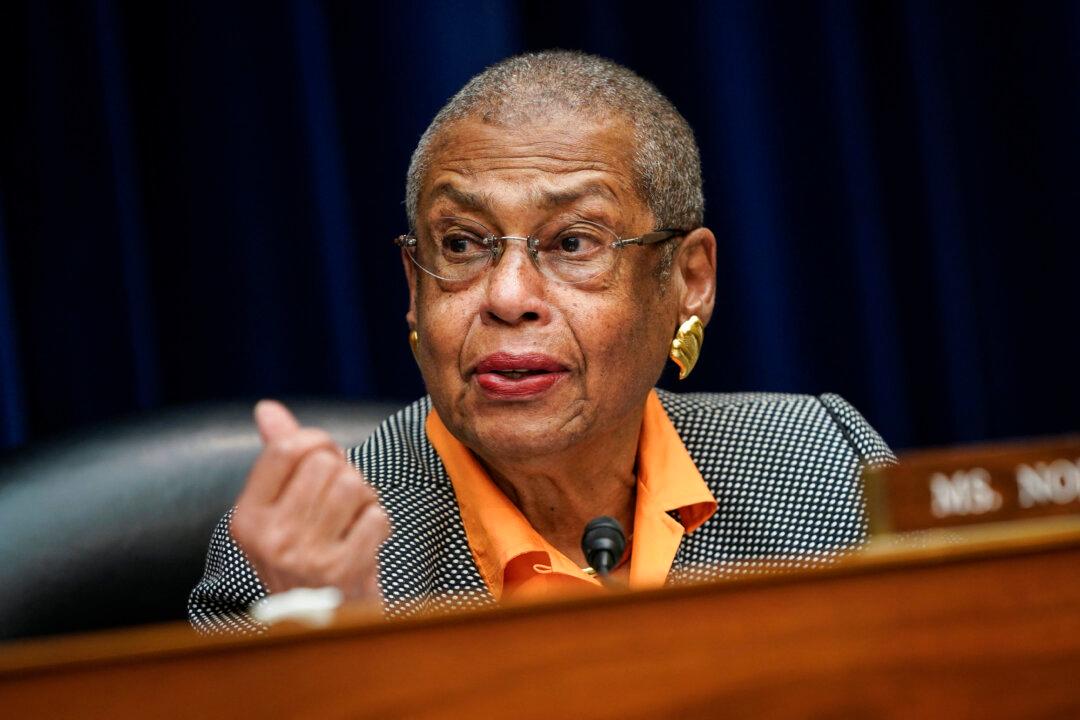
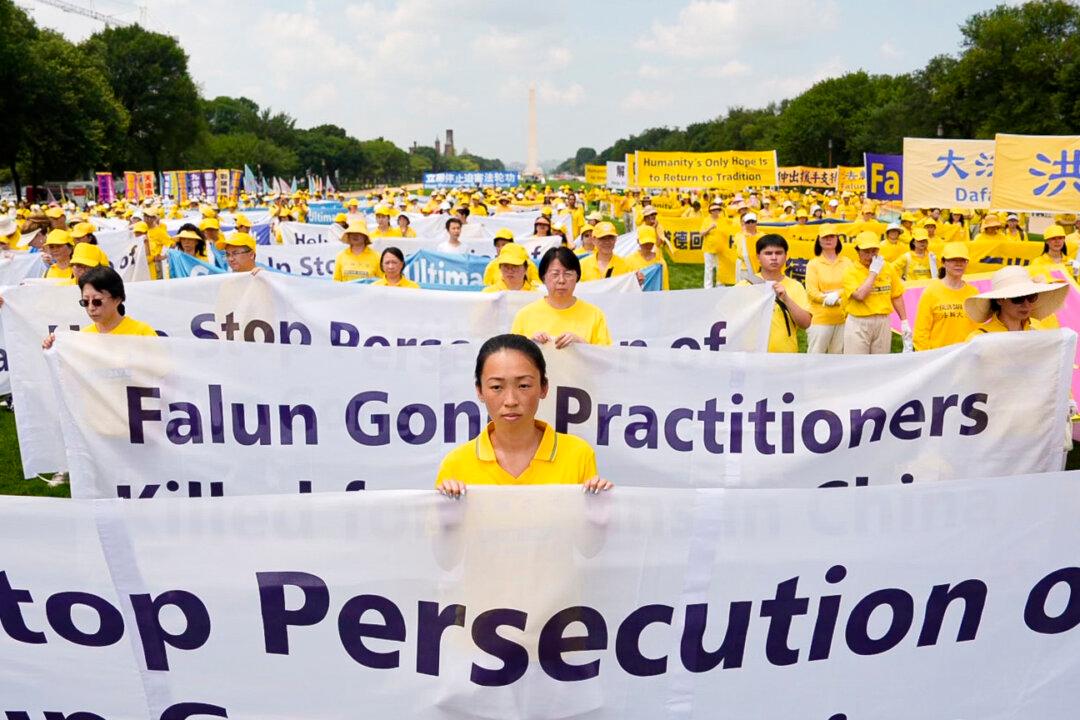
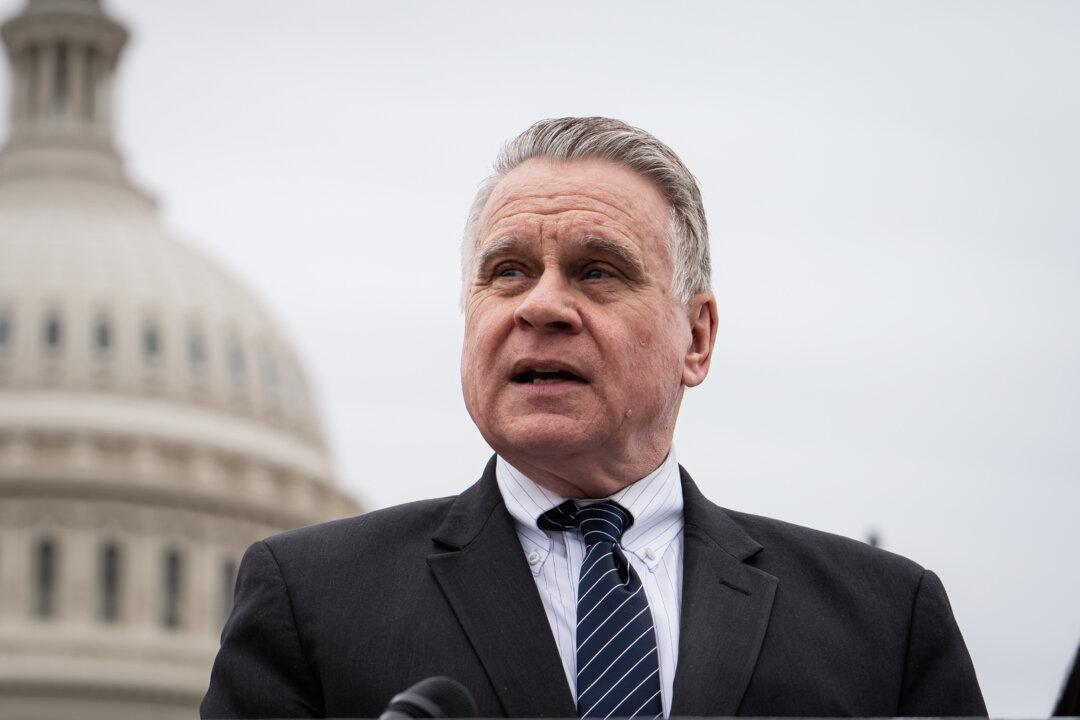
Friends Read Free